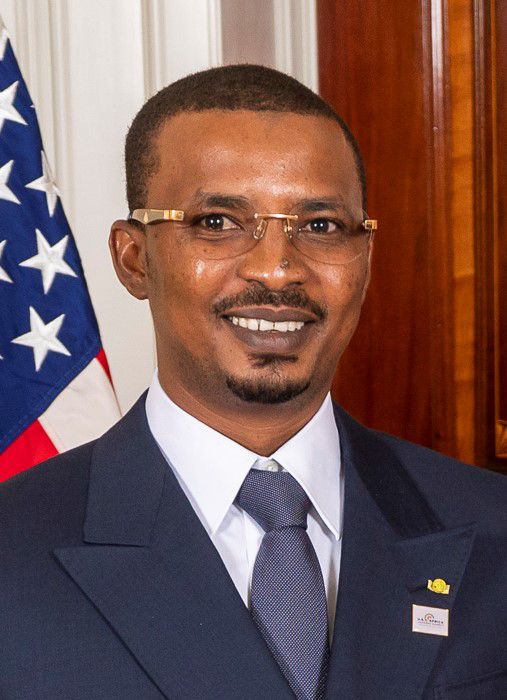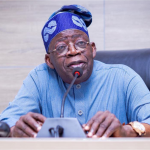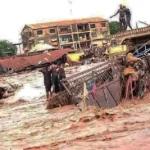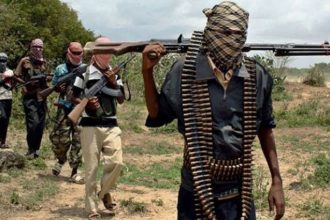Chad Halts U.S. Visas to Retaliate Against Trump’s Travel Ban
Chad’s President Mahamat Idriss Déby announced on Thursday that the country will suspend all visas to U.S. citizens in direct response to the Trump administration’s decision to ban Chadian nationals from entering the United States.
The Central African nation is one of a dozen countries whose citizens are now barred from traveling to the U.S.
“Chad has neither planes to offer nor billions of dollars to give, but Chad has its dignity and pride,”
Déby wrote in a Facebook post, originally published in French.
ALSO, READ Nigerian President Bola Ahmed Tinubu is marking two years in office.
On Wednesday, US President Donald Trump revived a signature policy from his first term, unveiling a new travel ban targeting 12 countries. He accused the affected nations of having “deficient” security screening and failing to repatriate citizens who overstay their visas in the U.S.
In a video posted to his Truth Social platform, Trump cited a recent alleged terror attack in Boulder, Colorado as justification for the renewed ban, stating it highlighted the risks posed by foreign nationals who were not “properly vetted.”
However, the suspect in that attack is an Egyptian national—and Egypt is not on the list of banned countries.
The ban is scheduled to take effect on Monday, with Africa being the most impacted continent, accounting for seven of the 12 countries on the list. These include:
Chad, Congo-Brazzaville, Equatorial Guinea, Eritrea, Libya, Somalia and Sudan.
Other countries affected are Afghanistan, Myanmar, Haiti, Iran, and Yemen.
In addition to the travel ban, the U.S. will impose visa restrictions on nationals of Burundi, Sierra Leone, Togo, Cuba, Laos, Turkmenistan, and Venezuela—limiting their ability to travel to the U.S. on specific visa types.
Trump stated that the list could be revised if the countries make “material improvements,” and warned that more nations may be added as “threats emerge around the world.”
In a separate video posted on X, Trump emphasized:
“We will not allow people to enter our country who wish to do us harm.”
Continent-Wide Reactions
The decision has sparked widespread reactions across Africa.
Somalia responded promptly, pledging to collaborate with the U.S. on resolving any security concerns.
Somali Ambassador to the U.S., Dahir Hassan Abdi, said his country “values its longstanding relationship” with the United States.
In the Republic of Congo, government spokesperson Thierry Moungalla suggested the ban may have stemmed from a “misunderstanding” involving an armed incident in the U.S., where the perpetrators were allegedly misidentified as Congolese.
Chad, however, expressed outright disapproval. In addition to President Déby’s remarks, Foreign Minister Abdoulaye Sabre Fadoul told AFP the decision was “surprising,” and said the terrorism-related justification “completely disregards Chad’s commitment and progress in counter-terrorism efforts.”
The African Union also voiced concern, warning of potential negative impacts and urging the U.S. to adopt a more consultative approach with the countries involved.
According to the White House, many of the listed countries—particularly Libya, Somalia, and Sudan—lack competent authorities to issue reliable civil documents or to implement proper security screening measures.
All three nations are currently embroiled in civil wars.








